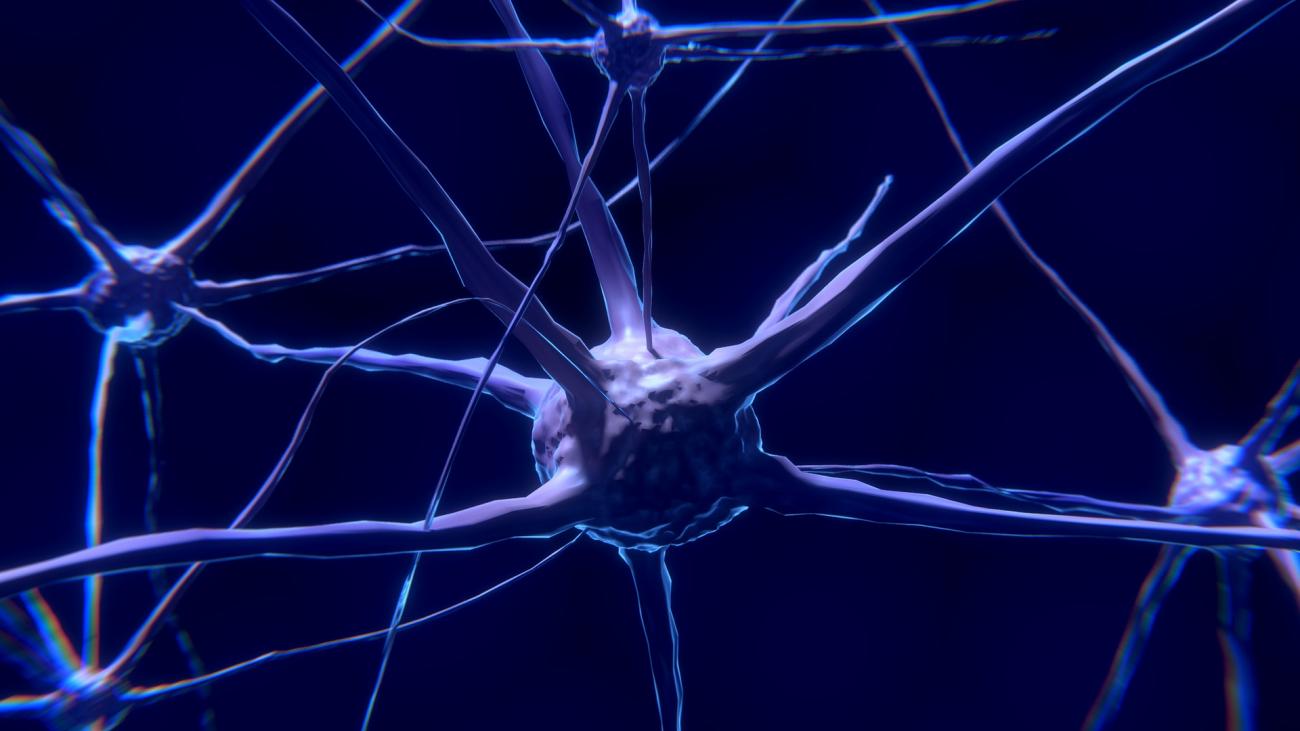|
NACS600 Ethics in Scientific Research (offered every other spring semester) Issues of scientific integrity with emphasis on investigators in the laboratory sciences, including mentoring, scientific record keeping, authorship and peer review, ownership of data, use of animals and humans in research, and conflict of interest.
NACS608 Neuroscience and Cognitive Science Seminar (offered every semester) Special seminar topics in Neuroscience and Cognitive Science.
NACS640 Foundational Readings (offered every fall semester; for first year NACS students only) An introduction to the breadth of research in Neuroscience and Cognitive Science. Faculty will present papers to provide historical context and introduction to important issues in the fields of their research.
NACS641 Introduction to Neuroscience (offered every fall semester) Detailed examination of neurophysiology and sensorimotor systems.
NACS642 Cognitive Neuroscience (offered every spring semester) A study of the fundamental concepts and techniques of cognitive neuroscience. Hands-on experience with three critically different cognitive neuroscience methods: EEG, MEG, and fMRI.
NACS643 Computational Neuroscience (offered every spring semester) Provides a mathematical foundation in computational neuroscience.
NACS644 Cellular and Molecular Neuroscience (offered every spring semester) Overview of insights into the molecular mechanisms underlying the structure and function of the nervous system.
NACS645 Cognitive Science (offered every fall semester) A study of mental representations and computations. Issues examined include computation, representations, decisions, modularity, evolution, innateness, and reductionism.
NACS728E Selected Topics in Neuroscience and Cognitive Science; Advanced Systems Neuroscience Neural development, followed by sensory, motor and integrative system organization in the central nervous system.
NACS728F Selected Topics in Neuroscience and Cognitive Science; Introduction to Functional Magnetic Resonance Imaging An introduction to functional magnetic resonance imaging (fMRI). Students will be taught about formulating testable hypotheses with fMRI, utilizing basic methods in fMRI studies, and understanding existing limitations of fMRI studies in the literature.
NACS728G Selected Topics in Neuroscience and Cognitive Science; Applied Introduction to Human Brain Mapping This is an introduction to using neuroimaging methods such as functional Magnetic Resonance Imaging (fMRI) to map mental functions in the human brain. Students will be taught about how to navigate through the brain, develop questions for exploring functional brain mapping, and understanding existing limitations of current neuroimaging studies.
NACS728J Selected Topics in Neuroscience and Cognitive Science; Biology of Chemosensory Systems In this course you will learn about olfactory, phereomonal, gustatory and central chemosensation, among others. Specifically, through lectures and discussions of papers, you will learn about transduction mechanisms, neural processing and the organization of central pathways in these chemosensory systems. With this knowledge you will be able to contextualize the biological aspects of chemosensation in relation to its function in physiological and pathological states and in relation to other sensory systems.
NACS728M Selected Topics in Neuroscience and Cognitive Science; Grant Writing Instruction in grant-writing skill, introduction to resources, discussions on how to make your grant competitive, and insight into the review process. The goal will be to have each participant submit an NRSA.
NACS728N Selected Topics in Neuroscience and Cognitive Science; Diseases of the Nervous System An advanced course covering the neuroanatomy, function, and organization of the nervous system and its implication for pathology and disease.
NACS728R Selected Topics in Neuroscience and Cognitive Science; Comparative Sensory and Motor Neurobiology This course explores the neurobiological mechanisms underlying sensory and motor systems across a variety of organisms, emphasizing comparative approaches. Students will learn about specialized sensory modalities (such as echolocation, electroreception, and magnetoreception) and motorsystems (including central pattern generators and songbird vocal learning circuits). Through a mix of lectures, journal club discussions, and student-led presentations, participants will develop a deep understanding of neurobiological adaptations and their applications to fields like evolutionary biology and disease research.
NACS728V Selected Topics in Neuroscience and Cognitive Science; Hearing II, Translational Issues To orient students toward the need for translational research in the Hearing sciences; to provide examples of how prominent scientists incorporate applied/translational aspects into their research; to provide training in research development and grantsmanship with a translational perspective. Classes will consist of presentations by scientists in the field, followed by discussion of reading and presentations by students. Topics: Acoustic categories in auditory cortex, cortical plasticity, high order cortex & EEG, speech perception; neural coding of speech in the brainstem, auditory perception and psychophysics, speech processing, aging & auditory processing, cochlear implants and binaural processing, language acquisition, other auditory prostheses.
NACS728W Selected Topics in Neuroscience and Cognitive Science; Computational Psycholinguistics Explores how ideas from machine learning and computational linguistics can be used to formalize questions about human language. The focus will be on modeling the acquisition, processing, and evolution of language. Covers several popular modeling approaches that have been applied to problems in psycholinguistics.
NACS798 Master's Non-Thesis Research NACS799 Master's Thesis Research NACS898 Pre-Candidacy Research NACS899 Doctoral Dissertation Research |



